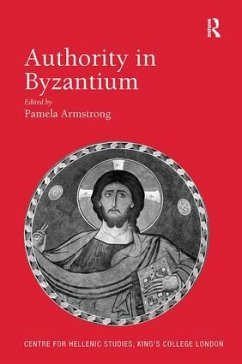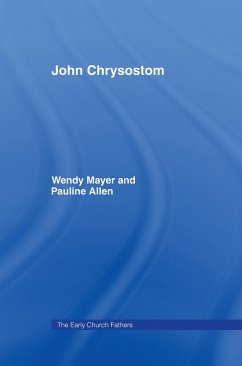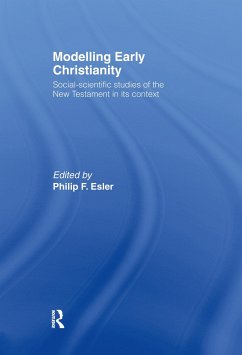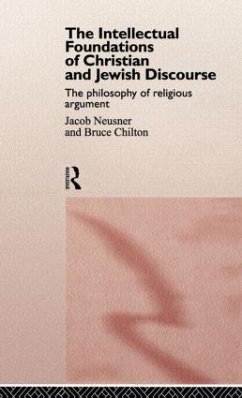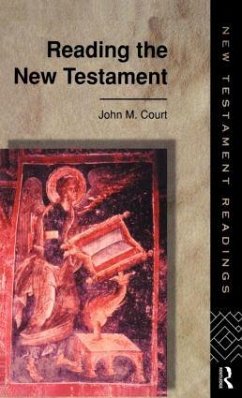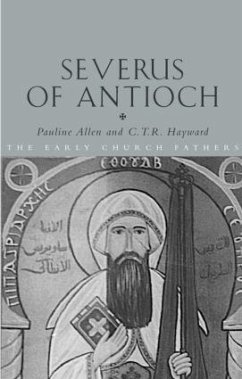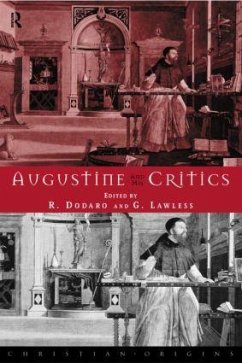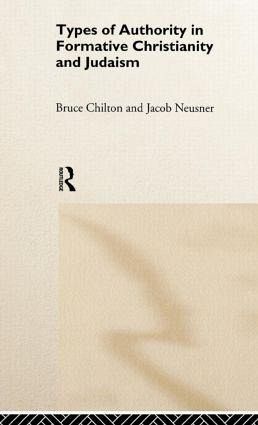
Types of Authority in Formative Christianity and Judaism

PAYBACK Punkte
84 °P sammeln!
Two well-known scholars, in New Testament and Rabbinic Judaism respectively, ask the question: what does it mean to translate a theory of God's presence in the social order into a concrete doctrine of everyday authority? What sort of politics, what theory of ongoing and everyday religious encounter, and what modes of persuasive intellectual exchange embody the conviction that God is present among us and that our community is made holy by obedient response to that Presence? The holy community, the presence of God's representatives on earth, and the compelling power of certain kinds of evidence ...
Two well-known scholars, in New Testament and Rabbinic Judaism respectively, ask the question: what does it mean to translate a theory of God's presence in the social order into a concrete doctrine of everyday authority? What sort of politics, what theory of ongoing and everyday religious encounter, and what modes of persuasive intellectual exchange embody the conviction that God is present among us and that our community is made holy by obedient response to that Presence? The holy community, the presence of God's representatives on earth, and the compelling power of certain kinds of evidence and arguments - these provide the outlines of an answer to that question. Politics come first. But both communities also looked to the authority of God embodied in persons, validated by miraculous events, or otherwise certified by gifts of the spirit. And, finally, both Christianity and Rabbinic Judaism deemed Christ and the Torah respectively to embody the logos of reason or the rules of right thought. Both maintained that well-expounded, probative evidence and compelling argument formed the best source of authority - compulsion exercised from within, by intellect.





